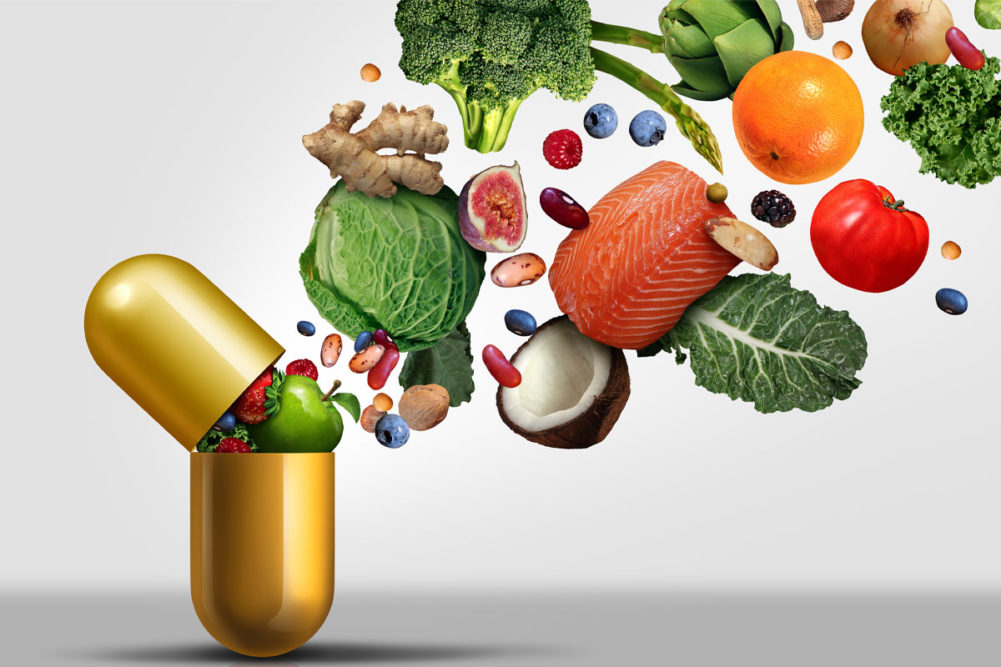
KANSAS CITY — The Biden Administration’s goal of ending hunger and reducing the incidence of diet-related chronic diseases by 2030 is commendable, but the strategy of blurring food and medicine some supporters are advancing may be problematic. Food is not modern medicine, and efforts to link the two run the risk of overshadowing the distinctly different roles both play in human life.
The Conference on Hunger, Nutrition and Health held Sept. 28 laid out a strategy for achieving the administration’s goals. As part of its efforts, the White House elicited more than $8 billion in private- and public-sector supportive commitments. They include philanthropic donations, initiatives by community-based organizations to improve access to nutritious food and promoting healthy choices, and investments in new businesses and new ways of screening for and integrating nutrition into health care delivery.
Chobani LLC, for example, launched its Food Access in Reach effort to encourage businesses to adopt-a-school and pledge to make it “food- and nutrition-secure.” FMI – The Food Industry Association members pledged to donate more than 2 billion meals in 2023 to food banks, and Sysco Corp. pledged to provide $500 million through its Global Good initiative over the next five years to improve healthy eating in the communities it serves.
Of concern was the framing of an approach taken by health care providers. Blue Cross and Blue Shield of North Carolina launched a two-year, $3.5 million effort to increase access to healthy food and grow the “food is medicine” movement in North Carolina. It will fund and facilitate partnerships between health care providers and community-based organizations, which will in turn provide a range of free or subsidized services — from food vouchers to medically-tailored meals.
The health care system Mass General Brigham will build two teaching kitchens to increase access to fresh, healthy food by delivering “food is medicine” programs, healthy meals, nutrition screening and counseling, and healthy cooking classes to local communities.
And the Rockefeller Foundation and the American Heart Association, along with such partners as the Kroger Co., plan to invest $250 million to build a national Food is Medicine Research Initiative that will create the tools and evidence necessary to help the health sector design and scale “food is medicine” programs to improve both health and health equity and reduce overall health care costs.
Each of these programs is needed, but categorizing them as medicine may distract from the goal, which is a population better educated about the role diet plays in overall health. Modern medicine today features highly regulated products prescribed in specific doses to be taken at specific times that will help alleviate an illness or condition. For many consumers, it is a product they only need for a period and then may discontinue.
Blurring the line between the taking of medication and the consumption of food oversimplifies the significant role food plays in our daily lives. It is sustenance, but also it is emotional, psychological and traditional. There is little doubt cultural changes in how people work, eat and socialize have led to an epidemic of diet-related illnesses and chronic conditions, but addressing those issues should not be linked to an even implied prescription-based approach. This is about education, and one can only hope most of the $8 billion raised may go toward helping people learn.





